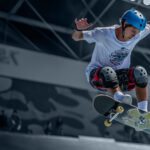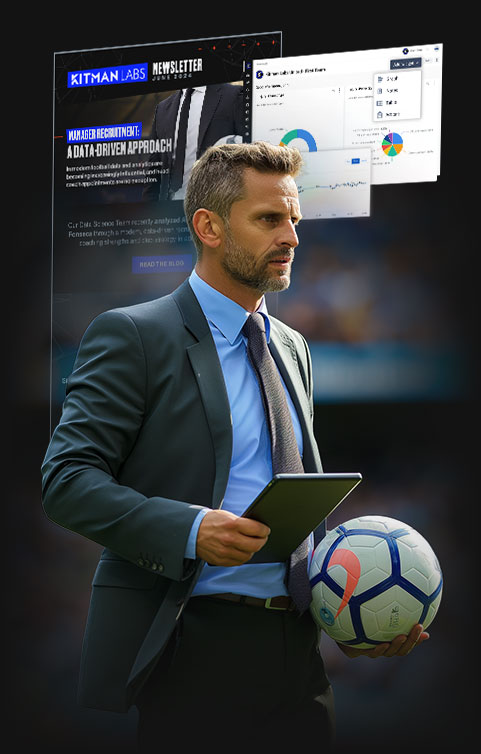It’s a wakeup call to high-grade how we use data to confront concussion.
The beautiful game’s gotten a visit by the Ghost of Concussions Past, courtesy of the FIFA World Cup in Qatar. When Iran’s medical team let wobbling goalkeeper Ali Beiranvand continue with a head injury, it not only triggered scathing rebukes of the league’s new concussion protocol as an “utter disgrace,” it also surfaced outrage and remembrances of past cranial controversies online.
Controversies like the one in Sevilla in 1982: in the semifinal France’s Patrick Battiston lost teeth when he was knocked unconscious by West German keeper Toni Schumacher. (Without the benefit of instant replay, the Dutch referee missed it). Fans were also reminded of the 2006 final which saw Zinedine Zidane’s infamous headbutt on Marco Materazzi – which officials purportedly missed until they saw the replay on the Olympiastadion’s big screens.
Devastating for players, these mistakes were also deeply problematic for teams and leagues. But just like Scrooge in A Christmas Carol, it’s the Ghost of Concussions Future that should frighten organizations the most: the world has changed. Social media and 24-hour news cycles show no mercy for organizations whose concussion protocols aren’t as modern and effective as they can possibly be.
We’re already seeing this, in real time, with the response to Beiranvand’s injury. It will get worse in the future. Careers will be ended. Litigations will destroy entire organizations.
But it isn’t just football and FIFA struggling with the fallout of poor decision-making on head injuries. It’s every sport, everywhere.
For example, the NFLPA fired the doctor who cleared quarterback Tua Tagovailoa after a head injury in week three that worsened in week four. Meanwhile, World Rugby condemned the decision to allow Australia’s scrumhalf Nic White to return to action against Ireland in November, noting that both the match day doctor and Australia’s team doctor missed footage of White stumbling as he exited the field of play.
When we look at concussion mistakes in Doha, Miami, and Dublin, what’s the common denominator? Human error. People aren’t perfect, but that’s essentially what we’re asking when it comes to concussion in elite sport. We want them to process hundreds of different pieces of information and make a perfect decision in moments under pressure and the scrutiny of entire nations.
That’s not a job for a human being, that’s a job for technology.
Concussion carries the widest health risks for players and the biggest litigation risk for organizations, but current diagnosis, protocols, and tracking tools are inadequate for solving either. But we have goal-line technology, semi-automated offside, and VAR – yet here we are. What’s going on?
Point solutions. The current toolkits keep information scattered. With no central information reservoir, practitioners have to stitch it together from different threads – on the field, during recovery and training, and all the way through return to play.
This siloed data makes it hard enough to make good decisions, but add on top a lack of standards and protocols and lack of athlete data portability, and it gets even harder. People make the wrong call. Players, for whom their body is their business, suffer not only a loss of career opportunity, but also of long term health, functionality, and mental and emotional well-being. This in turn exposes teams and organizations to litigation – and we’re seeing this risk skyrocket.
In short: people need to be empowered to make better decisions that protect players and organizations.
We built Concussion 360 as an integrated, centralized solution for managing concussion, from the baseline through return-to-play to help elite sport have a future that’s different from the one currently projected with regards to concussion.
The Ghost of Concussions Future doesn’t show a fate that happens no matter what we do; it shows a fate that happens if football – and elite sport worldwide – do nothing. There’s time to change it, and for the love of sport and player health, we have to.
I share my thoughts on sport’s most impactful developments and news on an ongoing basis. I welcome your feedback on Twitter or at stephen@kitmanlabs.com.





